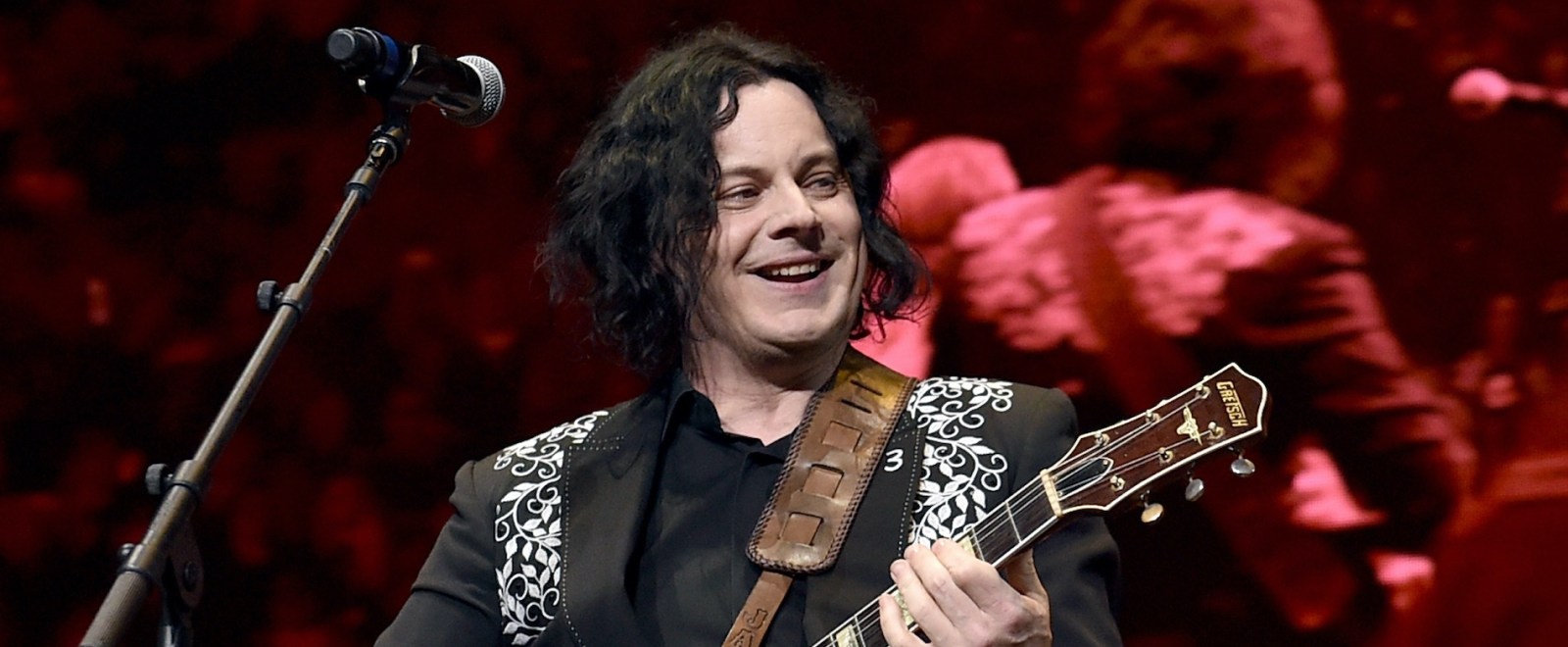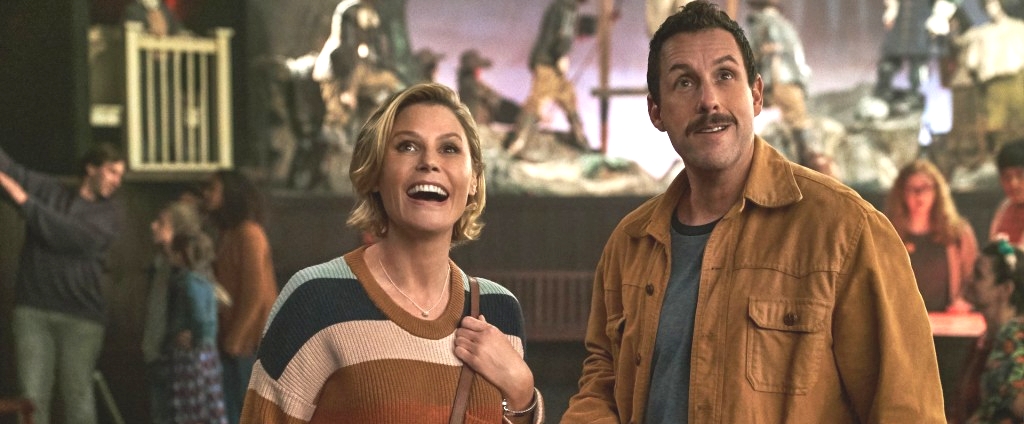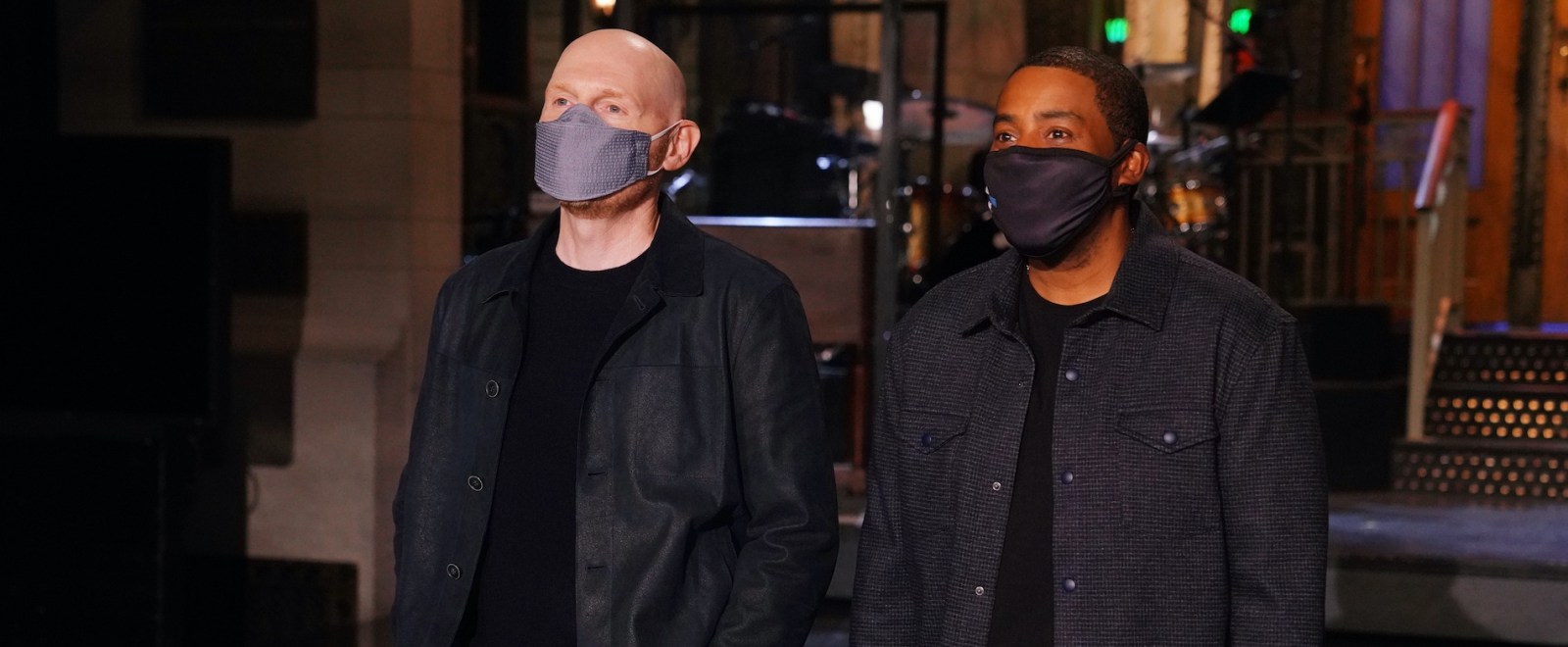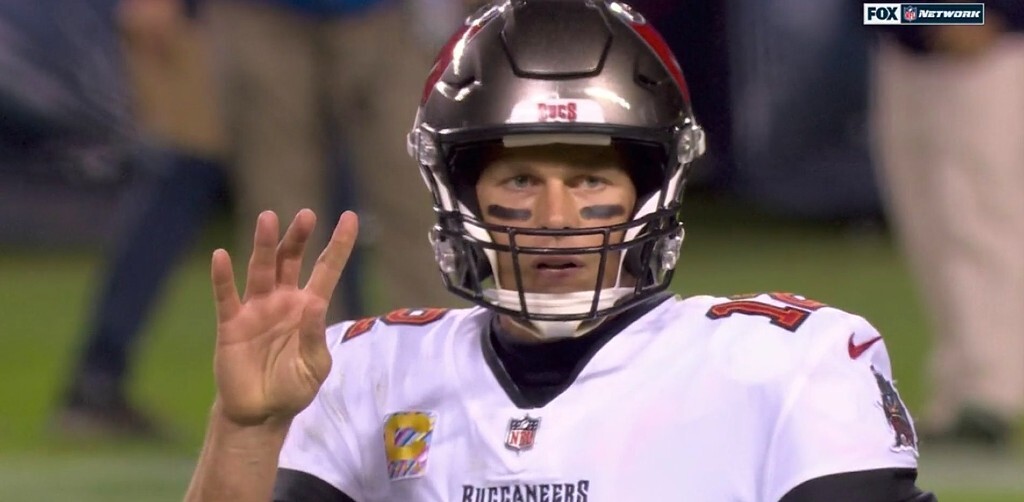Fleetwood Mac stock is pretty high right now. The band’s song “Dreams” has had skyrocketing sales in recent days thanks to its use in the viral TikTok video of a guy skateboarding while drinking cranberry juice. With this all going on, now would be a great time for the band and its members to capitalize, and that’s just what Stevie Nicks has done.
Today, the singer has dropped her first new solo single in nine years, “Show Them The Way.” The driving, upbeat song comes with a Cameron Crowe-directed video, which features images of historical figures and movements. Nicks recently noted the song was inspired by a dream she had before the 2008 presidential election.
Crowe says of the track, “‘Show Them The Way’ is among Stevie Nicks’ best, most personal songs. There’s an immediacy about it too. Within hours of hearing the song we were already putting together the video about her ‘dream about a dream.’ ‘Show Them The Way’ began as a poem, and grew into one of her strongest musical tracks. It feels like both a gift and a fever dream about hope and promise. We finished the video on the full-moon with a whole lot of passion and excitement about immediately sharing it with the world right now.”
The track features Dave Grohl on drums. The two have collaborated on multiple occasions before, like when she performed with Grohl on Letterman in 2013. Nicks also dedicated a performance of “Landslide” to Grohl in 2015, shortly after he broke his leg, saying, “I’d like to dedicate this to Dave Grohl. Falling off stage, getting up, and playing a two-and-a-half-hour set: I think that’s awesome.”
Watch the “Show Them The Way” video above.




